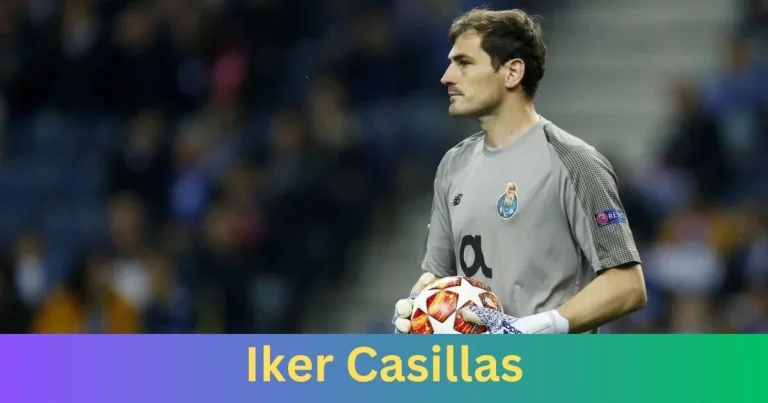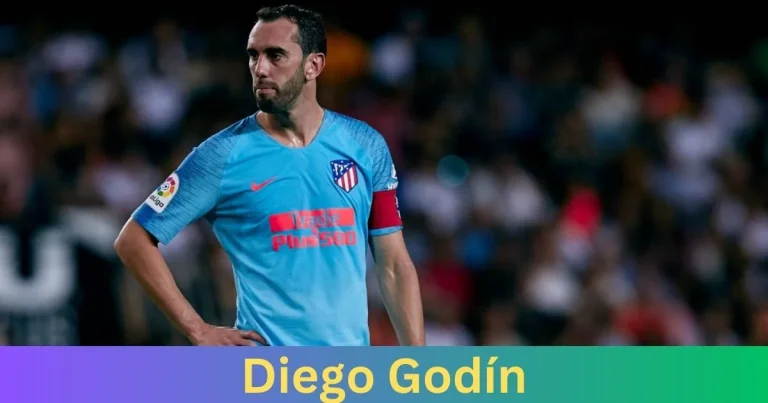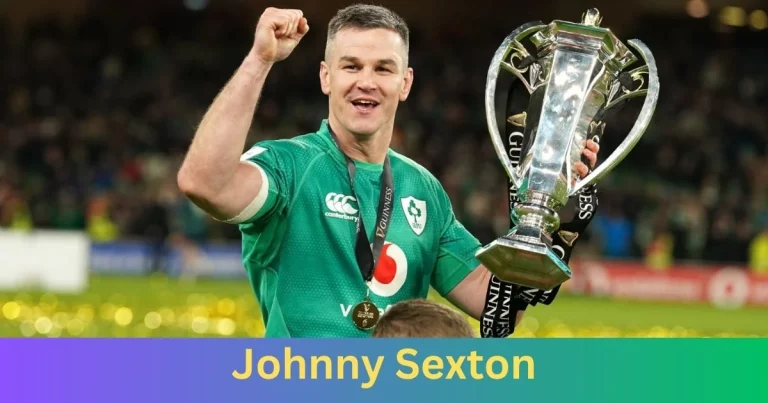Why Do People Hate Jadon Sancho?
Jadon Sancho, the talented English winger, has been a subject of intense criticism and scrutiny, particularly from certain sections of the footballing world. Despite his undeniable skill and potential, Sancho has faced a barrage of criticism and negative sentiment from fans, pundits, and even fellow professionals.
This article delves into the various reasons behind the hate directed towards Jadon Sancho and explores the underlying factors that contribute to this phenomenon.
The Hype and Expectations
Jadon Sancho’s meteoric rise to fame began at Borussia Dortmund, where he quickly established himself as one of the most exciting young talents in world football. His performances in the Bundesliga and the Champions League drew widespread acclaim, and he was often hailed as the next big thing in English football.
| Season | Appearances | Goals | Assists |
|---|---|---|---|
| 2018/19 | 43 | 13 | 19 |
| 2019/20 | 40 | 20 | 20 |
| 2020/21 | 38 | 16 | 20 |
As the table illustrates, Sancho’s numbers in Germany were nothing short of remarkable, especially for a player of his age. His combination of pace, dribbling ability, and goal-scoring prowess made him a sought-after commodity, with top clubs across Europe vying for his signature.
The Big-Money Move
In the summer of 2021, Jadon Sancho secured a high-profile transfer to Manchester United for a reported fee of £73 million, making him the second-most expensive English player of all time. This move, coupled with his impressive performances at Dortmund, raised expectations to stratospheric levels, with many touting him as the next global superstar.
However, the weight of these expectations may have been a contributing factor to the subsequent criticism and hate directed towards Sancho. When a player is hyped to such an extent, any perceived underperformance or failure to live up to the lofty expectations can lead to backlash and negativity.
Perceived Underperformance and Struggles
Sancho’s move to Manchester United was a significant step up in terms of the level of competition and scrutiny. While he thrived in the Bundesliga, adapting to the Premier League’s unique demands and playing for a club the size of Manchester United proved to be a challenge.
| Season | Appearances | Goals | Assists |
|---|---|---|---|
| 2021/22 | 38 | 6 | 3 |
| 2022/23 | 26 | 7 | 3 |
As the table shows, Sancho’s numbers at Manchester United have not matched the heights he reached at Dortmund, at least not yet. This perceived underperformance has fueled criticism and led some to label him a flop or a disappointment.
Inconsistency and Form
Inconsistency has been another factor contributing to the hate directed towards Jadon Sancho. While he has shown flashes of brilliance, he has also endured prolonged periods of poor form and struggle. This inconsistency has led to frustration among fans and pundits, who expect more from a player of Sancho’s caliber and price tag.
Managerial Changes and Tactics
The frequent managerial changes at Manchester United, with different coaches employing varying tactics and systems, may have also played a role in Sancho’s struggles. Adapting to new philosophies and playing styles can be challenging for any player, let alone a young talent like Sancho.
Societal and Cultural Factors
The intense scrutiny and pressure from the English media cannot be overlooked when examining the hate directed towards Jadon Sancho. The English press is known for its unforgiving nature and tendency to build up young players before tearing them down at the first sign of struggle.
Sancho’s high-profile move to Manchester United and his status as one of England’s brightest prospects have made him a constant target for the media’s intense focus. Any perceived underperformance or dip in form is amplified and dissected, often leading to negative coverage and criticism.
The Role of Social Media
Social media has played a significant role in amplifying the hate directed towards Jadon Sancho. While social media platforms provide a space for fans to express their opinions, they have also become breeding grounds for toxicity and hate speech.
Sancho, like many other high-profile athletes, has been subjected to online abuse, trolling, and personal attacks from anonymous accounts. This constant barrage of negativity can take a toll on a player’s mental wellbeing and potentially affect their performance on the pitch.
The Fickleness of Fandom
In the modern age of football, fandom has become increasingly fickle and impatient. Fans demand instant success and gratification, and any perceived failure or underperformance is met with intense criticism and vilification.
Sancho’s struggles at Manchester United have been amplified by this fickleness, with some fans turning against him and labeling him a “flop” or a “waste of money.” This lack of patience and understanding for a young player’s development and adaptation process has contributed to the hate directed towards Sancho.
The Impact on Mental Health and Performance
The constant barrage of criticism and hate can take a significant toll on a player’s mental health and well-being. Jadon Sancho, like many other high-profile athletes, is not immune to the effects of negative attention and scrutiny.
Dealing with constant negativity and personal attacks can lead to decreased confidence, anxiety, and even depression, all of which can impact a player’s performance on the pitch. It is essential to recognize the human aspect of athletes and the potential damage that excessive hate and criticism can inflict.
The Importance of Support Systems
In the face of such adversity, it is crucial for players like Jadon Sancho to have strong support systems in place. This includes the backing of coaches, teammates, and club staff, as well as a robust network of family and friends.
Having a solid support system can provide a safe haven for players to escape the constant scrutiny and negativity, allowing them to focus on their development and performances without the weight of excessive hate and criticism.
Conclusion
The hate directed towards Jadon Sancho is a complex phenomenon with multiple contributing factors. From the immense hype and expectations surrounding his move to Manchester United to societal and cultural factors like the intense media scrutiny and the fickleness of modern fandom, Sancho has faced a barrage of criticism and negativity.
It is important to recognize the potential impact of this hate on a player’s mental health and performance and to understand the need for robust support systems. Additionally, it is crucial for fans, media, and stakeholders to exercise patience and understanding, particularly when dealing with young talents like Sancho.
Ultimately, the hate directed towards Jadon Sancho serves as a reminder of the toxic environment that can surround high-profile athletes and the need for a more compassionate and supportive approach to their development and well-being.
FAQs
Why is Jadon Sancho receiving so much hate?
Jadon Sancho has faced intense criticism and negativity due to a combination of factors, including the immense hype and expectations surrounding his move to Manchester United, perceived underperformance and struggles, societal and cultural factors like intense media scrutiny and the fickleness of modern fandom, and the potential impact on his mental health and performance.
How has Sancho’s performance at Manchester United compared to his time at Borussia Dortmund?
At Borussia Dortmund, Sancho enjoyed remarkable success, contributing with goals and assists at a prolific rate. However, his numbers at Manchester United have not yet matched those heights, leading to criticism and perceived underperformance.
What role has the English media played in the hate directed towards Sancho?
The intense scrutiny and pressure from the English media have played a significant role in amplifying the hate directed towards Jadon Sancho. The English press is known for its unforgiving nature and tendency to build up young players before tearing them down at the first sign of struggle.
How can social media contribute to the hate directed towards athletes like Sancho?
Social media platforms have become breeding grounds for toxicity and hate speech, with Sancho being subjected to online abuse, trolling, and personal attacks from anonymous accounts. This constant barrage of negativity can take a toll on a player’s mental wellbeing and potentially affect their performance.
What is the importance of robust support systems for players facing excessive hate and criticism?
Having strong support systems, including the backing of coaches, teammates, club staff, family, and friends, is crucial for players like Jadon Sancho. These support systems can provide a safe haven and allow players to focus on their development and performances without the weight of excessive hate and criticism.






